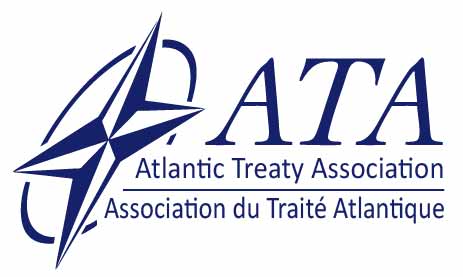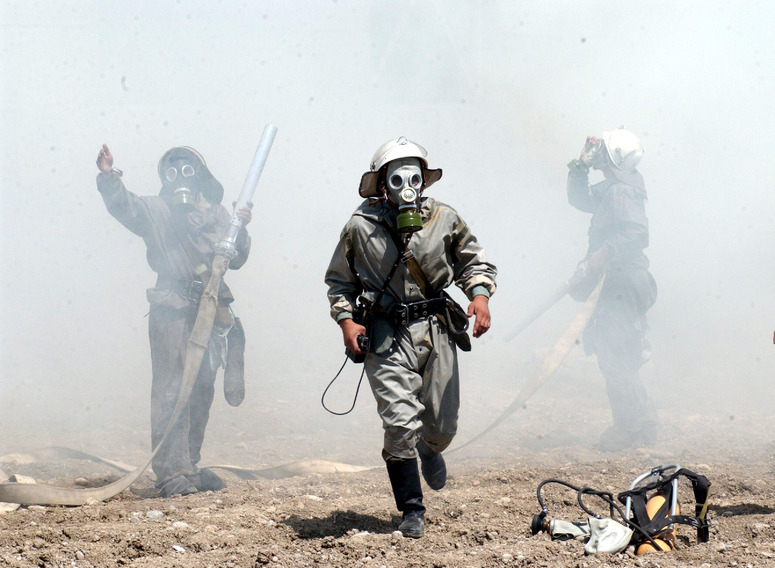This brief was originally published by the Atlantic Treaty Association. Click here to be re-directed to the original document.
Having drawn success from its previous engagements, 2012 saw an increasing commitment by the Canadian government to re-shape the alliance in terms of operational priorities and capabilities. Canada’s main NATO priorities have been focused on its ground and naval activities as Canada continues to show support for numerous NATO security operations across the globe.
Kosovo
Through Operation KOBOLD, Canada has 10 Canadian Forces (CF) members based in Pristina. This force consists of four officers serving with the Military-Civil Advisory Division of KFOR, which supports the new Kosovo Security Force (KSF); one serving with the NATO Advisory Team, which assists civilians of the KSF Ministry; and five RCAF Traffic Technicians serving in the Movement Control Multinational Integrated Logistics Unit, which assists the civilian officials of the KSF Ministry. On December 20, 2012, it was announced that the Canadian government has extended Operation KOBOLD until December 2014. This will therefore remain a key priority for Canada in the coming years.
Afghanistan
As the mission in Afghanistan winds down and begins its transition to an advisory operation, changes in the nature of Canada’s involvement are to be expected. At the Chicago Summit from May 20-21, Prime Minister Harper announced that although Canada will continue to support Afghanistan in the years ahead, it will no longer maintain a military presence there beyond March 2014, when the current NATO combat mission is expected to end. Canada has thus been focused on preparing for the transition and ensuring that the Afghan National Security Forces (ANSF) are equipped to handle security for their county. Canada thus announced the commitment of $110 million per year from 2015-2017 towards helping sustain Afghan Forces.
In addition to supporting the ANF, Canadian development assistance has been focused around three key areas. First, Canada has been focused on strengthening economic development, through the support of educational initiatives across the country, and support of infrastructure reconstruction projects, such as the maintenance of dams and irrigation canals. In addition, Canadian humanitarian efforts have also been focused on providing basic health services, with emphasis placed on vulnerable populations such as woman, children and the disabled. Other efforts have been focused around empowering non-governmental actors to provide relief to those in need. These efforts have been aimed at ensuring social stability, to ensure that the strategic gains made by NATO are preserved in the years to come.
Libya
During Operation Unified Protector, Canada provided a significant amount of the air and naval support needed to enforce the no-fly zone. Throughout the operation, Canadian contributions consisted of a total of 635 personnel, seven CF-188 Hornet fighter aircrafts, two CP-140 Aurora patrol aircrafts, two CC-150 Polaris tankers, and one CC 130-J Hercules aircraft. In enforcing the no-fly zone, Canadian aircrafts conducted over 1000 sorties.
Canada also sent two frigates, HMCS Vancouver and HMCS Charlottetown, to conduct operations in Libyan waters. HMSC Charlottetown patrolled the waters off the coast of Misrata in support of the arms embargo of UN Security Council Resolution 1970, conducting 313 hailings and five boardings of suspicious vessels. HMCS Vancouver was tasked with providing air defence for vulnerable vessels such as minesweepers and replenishment ships, and patrolling the UN embargo zone to gather information and block the entry of prohibited materials.
In providing the bulk of the resources, and with a Canadian General leading the operation, Canada’s participation in Unified Protector illustrated the Canadian government’s continued commitment to NATO security operations.
Maritime Security and Counter-Piracy Operations
Much of Canadian participation in NATO maritime security and counter-piracy operations has occurred in the Mediterranean, Middle East and off the coast of the Horn of Africa. Canada is one of 26 nations that contributes naval assets to Operation ARTEMIS, which conducts maritime security and counter-terrorism operations in the Arabian Sea. Working with the Combined Maritime Forces and Combined Task Force 150, Canada has committed two valuable resources to the operation. HMCS Regina, which joined the operation on August 21, 2012, has a crew of about 250 personnel, equipped with a CH-124 Sea King Helicopter. Task Force Northwood is a team of Royal Canadian Navy personnel, who specialize in naval co-operation and guidance, and are engaged in multinational efforts to ensure the safe passage of merchant shipping.
Canadian involvement in Operation Active Endeavour began in 2004, and since then has involved the deployment of approximately five warships. Its most recent deployment was that of HMCS Charlottetown, taking control of the operation in January 2012. Carrying a crew of about 250 personnel, HMCS Charlottetown has since then served with Standing NATO Maritime Group 1 (SNMG1) as part of NATO’s counter-terrorism mission in the Mediterranean Sea.
Participation in Operation Ocean Shield occurred between October 2009 to May 2012, under the auspices of Canadian Operation SAIPH. Working with SNMG1 as well, Operation SAIPH entailed participation in the campaign to enhance the security of the Arabian Sea, the Persian Gulf and the waters off the coast of Somalia, highlighting how Canada’s involvement in NATO’s naval operations will remain a key focus of its defence strategy.
NATO Capabilities
With the United States providing the bulk of the resources, NATO has focused on a new approach to burden sharing. In the Chicago Summit Declaration on Defence Capabilities, it was stated that this would be achieved through increased cooperation to acquire key capabilities. The acquisition of such capabilities has been a priority that was pushed forward during 2012, particularly with regards to sea, land and air resources.
On June 3, 2010, the Government of Canada announced the implementation of the National Shipbuilding Procurement Strategy which aims to modernize and repair existing vessels and hardware. The strategy involves three key aspects: $33 billion to be allocated toward the construction of large ships, $2 billion for small vessel construction, and repair work valued at $500 million.
In regards to air and land forces, Canadian acquisition has focused on delivery capabilities. Through improvements in Light Armoured Vehicles (LAV), Canada has acquired 66 upgraded LAV III’s. In addition, Canada procured 17 additional CC-30J Hercules aircrafts, playing a vital role in the delivery of battlefield resources during military engagements, particularly NATO civilian assistance operations such as Unified Protector. As Canadian participation in NATO ground and maritime security operations continues, investment in such resources will prove indispensable.




